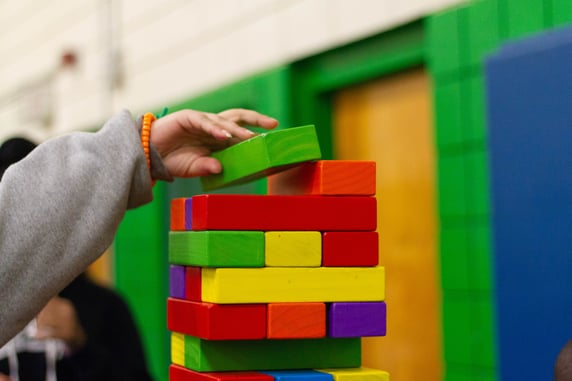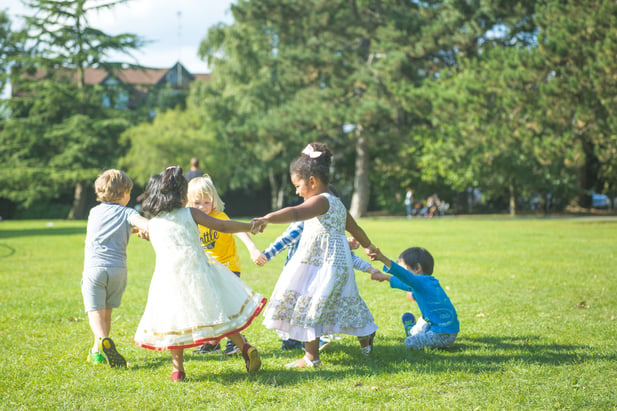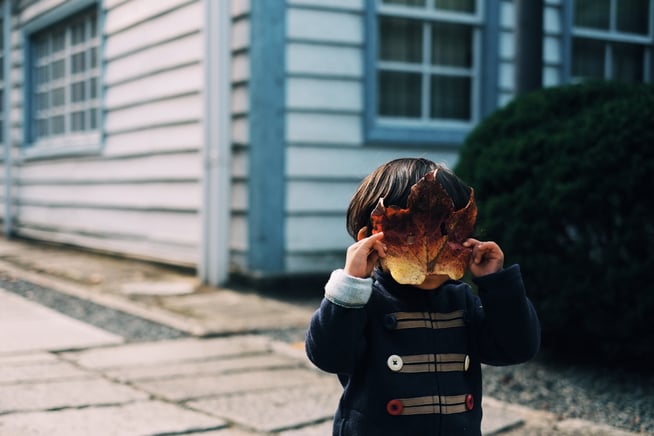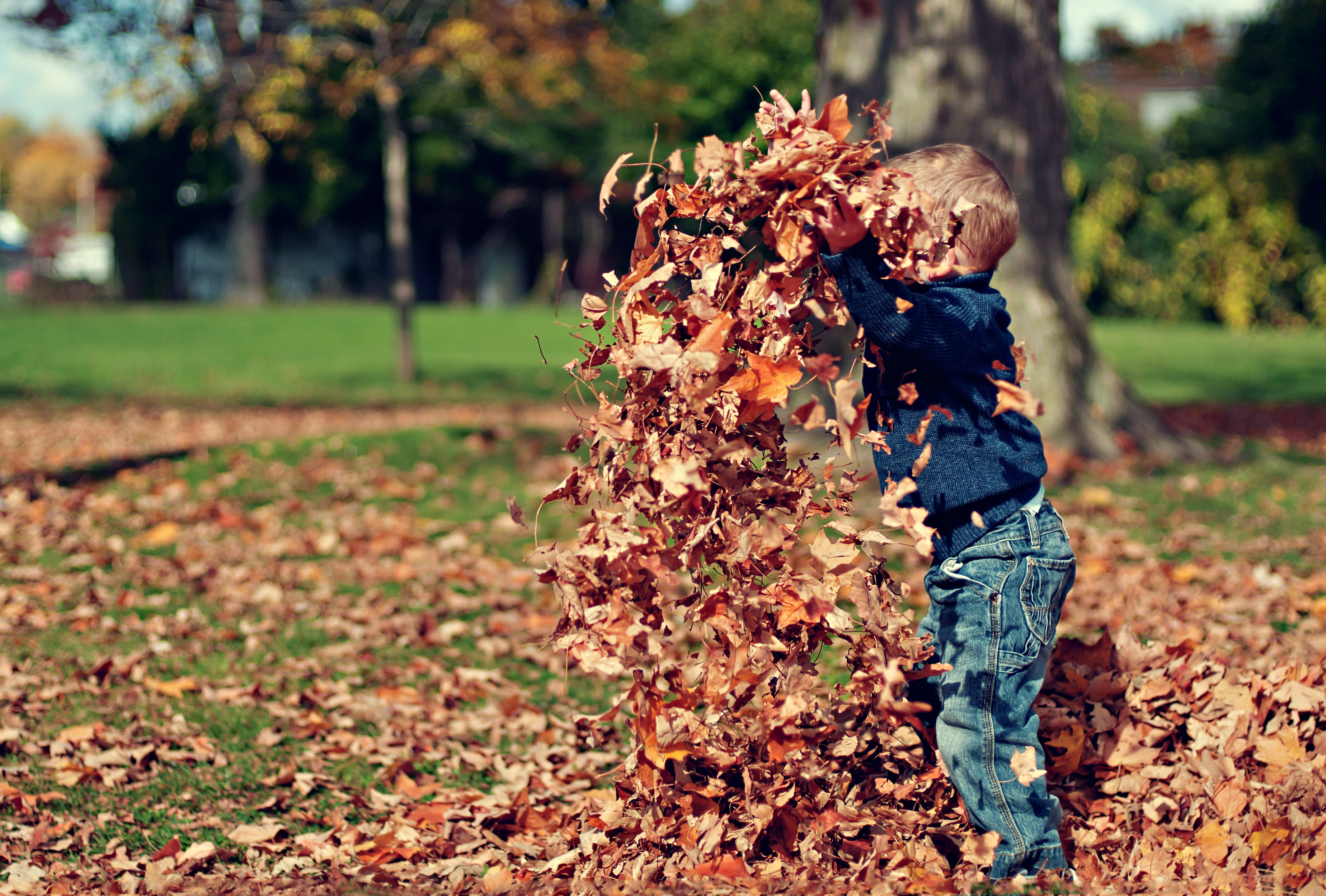As children, we all loved to play. But did you know that play is not just for fun? It is also a crucial part of a child's development. Children learn best through play, as it allows them to explore, experiment, and discover new things about themselves and their environment. Let’s look at some skills which play helps develop.
Cognitive skills
Play has a significant impact on cognitive development in young children. Through play, children learn to ask questions, solve problems and make decisions. For example, when playing with blocks, children learn how to balance and stack them to create a structure. If their structure collapses, they must figure out what went wrong and how to fix it, and then try again. And again. And again… (Incidentally, play is also a great way for children to practice perseverance and patience!)

Emotional skills
Play helps children practice emotional skills by providing a safe space for them to explore and express their emotions. Play allows children to process and make sense of their feelings. Through play, children also learn how to regulate their emotions and cope with stress and anxiety.
When children engage in play, they also learn to understand the emotions of others. For example, when playing dress-up, children can role-play and try different emotions to see how they feel. This helps them develop empathy and emotional intelligence – crucial skills in today’s world.
Social skills
Cooperative play is an excellent tool for children to practice their social skills. When children play together, they learn how to interact with others and communicate effectively. Play teaches children to take turns, share, compromise and negotiate. If you work with little ones, you know these skills don’t come so easily to them! Social skills are essential in building healthy relationships with peers, teachers and parents, so it’s worth to give children plenty of chances to practice them.

Motor skills
Play is critical for children’s physical development. When children engage in physical play, they develop their muscles, balance, and coordination. Playing on the playground supports children’s gross motor skills as they run, jump, climb and swing. Play also encourages children to be physically active, which is important for a healthy lifestyle.
On the other hand, playing with small toys and objects helps children practice their fine motor skills. Drawing, painting and making things out of modeling clay are great ways to strengthen the muscles in children’s hands and fingers, which will make it much easier for them to learn to write, among other things.
Language skills and creativity
Play strengthens children’s language skills and creativity in many ways. When children engage in imaginative play, they use their creativity to come up with new scenarios and stories. Then they use language to express those stories and to communicate and negotiate with their playmates to move the scenario forward. A leaf becomes a boat, a plate, or a superhero’s mask in the hands of an imaginative child, and language helps them share their magical world with others.

As we can see, play is not just fun; it is an essential part of young children’s learning and development. Play helps children practice a great variety of skills. As parents and educators, we should encourage children to play and provide them with opportunities to engage in play. By doing so, we can help children develop the skills they need to grow into healthy, happy, and confident individuals.
Moomin Language School is a play-based early language learning program for learning organizations. Would you like to try it out for yourself? Apply for a free trial month here:
.



